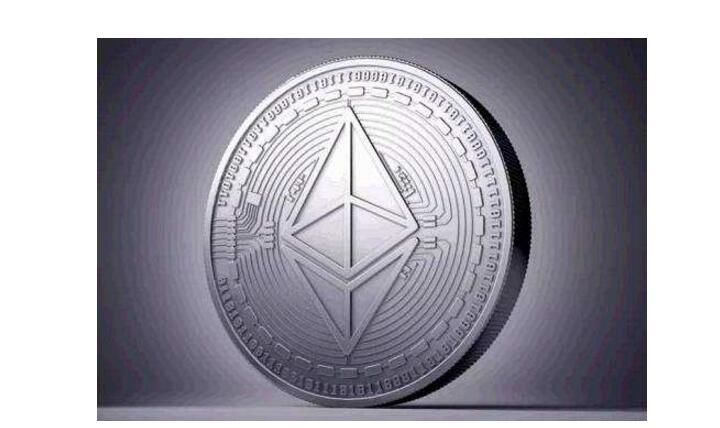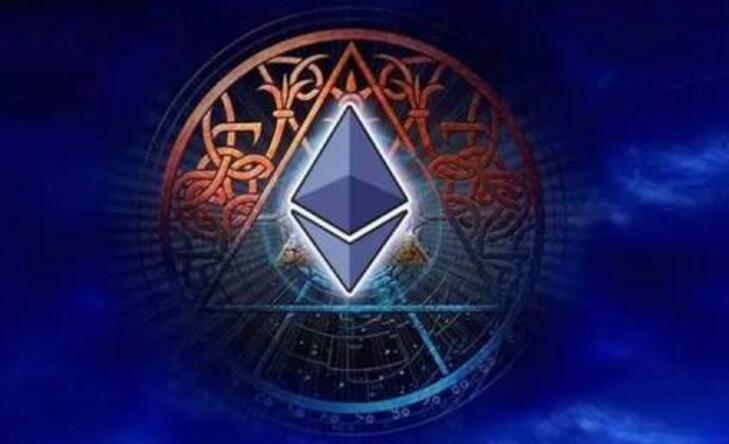**I. Introduction to Ethereum**
Ethereum is a decentralized, open-source blockchain platform that enables developers to build and deploy smart contracts and decentralized applications (dApps). Unlike Bitcoin, which primarily functions as a digital currency, Ethereum serves as a programmable blockchain, allowing for a wide range of use cases beyond simple transactions. At the heart of Ethereum is Ether (ETH), its native cryptocurrency, which is used to pay for computational services on the network. Like other cryptocurrencies, ETH can be traded on various exchanges, making it a popular choice for investors and developers alike.

**II. The Main Function of Ethereum**
Ethereum's core innovation lies in its ability to support smart contracts—self-executing agreements with the terms directly written into code. These contracts run on the Ethereum Virtual Machine (EVM), a decentralized virtual machine that executes code across the network. Developers can write smart contracts using high-level programming languages such as Solidity, which are then compiled into EVM-compatible bytecode. This makes it easier for developers to create complex applications without needing to work directly with low-level assembly-like code.
When a user sends a transaction to a contract address, the contract is triggered and executes its pre-defined logic. This could involve transferring funds, updating data, or even triggering another transaction. Unlike traditional transactions, Ethereum transactions can include additional data, which is crucial for smart contracts to function properly. The flexibility of Ethereum’s Turing-complete language allows for near-limitless application possibilities, from decentralized finance (DeFi) platforms to supply chain management systems.

**III. Ethereum vs. Bitcoin: Key Differences**
While both Ethereum and Bitcoin operate on blockchain technology, their purposes and use cases differ significantly. Bitcoin is often viewed as "digital gold," designed for long-term value storage and peer-to-peer transactions. In contrast, Ethereum is more of a platform for building decentralized applications and executing smart contracts. Its focus is on utility rather than just being a store of value.
In December 2015, Ethereum was valued below $1, but by early 2021, it had surged past $1,500, representing a massive increase in value. This growth was driven largely by Ethereum's role in enabling decentralized finance (DeFi) and initial coin offerings (ICOs). One notable example is the DAO (Decentralized Autonomous Organization), which raised over $150 million through an ICO on the Ethereum network. Participants were given voting rights, allowing them to influence how funds were allocated and invested.
**IV. Different User Groups for Ethereum and Bitcoin**
Bitcoin has gained widespread acceptance as a payment method, with over 670 ATMs worldwide and thousands of merchants accepting it. Ethereum, however, is not yet widely used for everyday payments. Instead, its primary use case revolves around supporting the execution of smart contracts and dApps on the Ethereum network.
According to David Duccini, executive director of Strength in Numbers Foundation, the expectations for Ethereum differ from those of Bitcoin. While both can be traded speculatively, Ethereum's original purpose was to power decentralized applications. This means users need to hold Ether to interact with these apps, which also poses challenges for projects like the DAO, which rely on continuous Ether generation to remain operational.

**V. How Much Can You Mine in Ethereum?**
Ethereum has become a popular choice for miners due to its growing adoption and potential for returns. Mining requires specialized hardware, and the efficiency of the mining equipment directly affects the speed and profitability of the operation. For instance, a 100M hash rate miner might generate approximately 0.7 ETH per day, assuming an electricity cost of 24 kWh.
The daily earnings from mining Ethereum have been significant, especially when compared to Bitcoin. Although Bitcoin currently generates higher revenue per block, Ethereum's lower entry barrier and faster block times make it appealing to many miners. As a result, there has been a noticeable shift in mining activity towards Ethereum, with many miners choosing it over Bitcoin for better returns and faster transaction confirmations.
making custom smart watch,custom logo smart watch,smart watch with custom faces,most customizable smartwatch
Dongguan Yingxin Technology Co., Ltd. , https://www.dgyingxintech.com